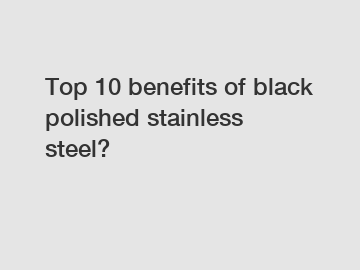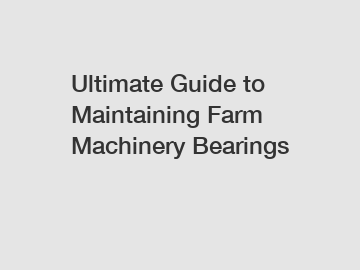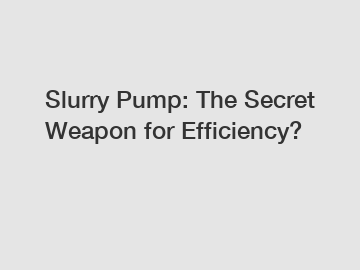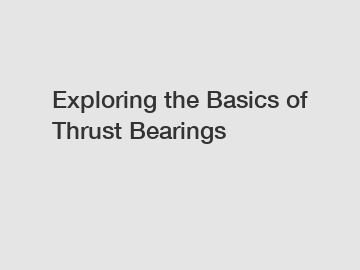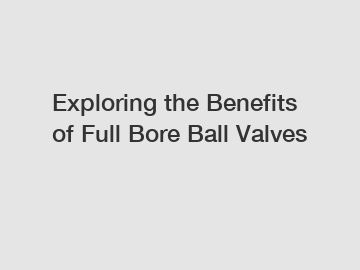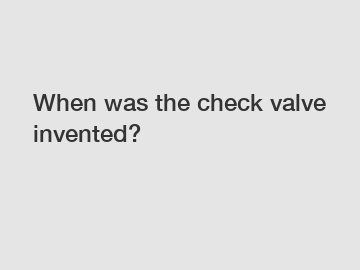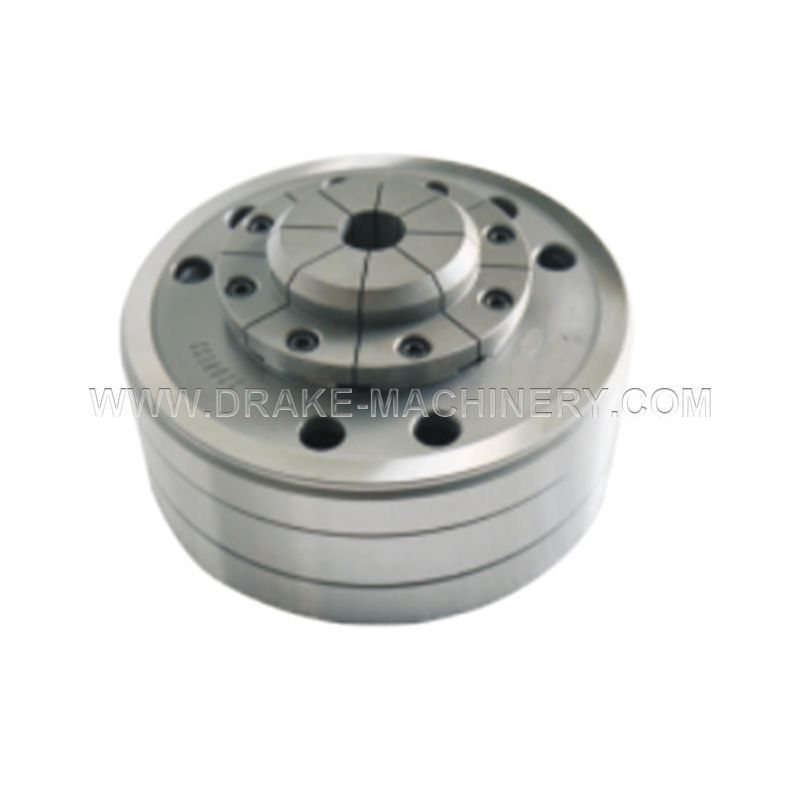AS568 O-Ring: Ultimate Guide - Sizes, Materials, and Uses
If you want to learn more, please visit our website King Seal.
Welcome to the ultimate guide on one of the most popular sealing solutions in the industry - the AS568 O-Ring. In this comprehensive article, we will delve into the different aspects of AS568 O-Rings, including their sizes, materials, and applications. Whether you're a seasoned professional or just starting out, this guide will prove invaluable in helping you understand and make informed decisions when it comes to utilizing O-rings.
Section 1: What are AS568 O-Rings?
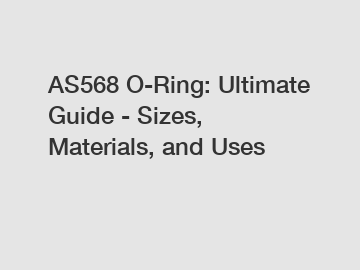
AS568 O-Rings are standardized elastomeric sealing devices primarily used in static and dynamic applications to effectively prevent leakage in various industries. Developed by the Aerospace Standard (AS) Committee, these O-rings are designed to meet specific size requirements, ensuring compatibility and interchangeability across a wide range of applications. Their versatility, resilience, and cost-effectiveness make them a popular choice worldwide.
Section 2: Sizes of AS568 O-Rings.
One of the key factors contributing to the popularity of AS568 O-Rings is their standardized sizes. AS568 utilizes a unique numbering system to classify O-rings, where each size is assigned a Dash Number. Multiple sizes are available, ranging from Dash 001 to Dash 475, providing a solution for nearly every sealing application. These Dash Numbers correspond to specific inside diameters (ID) and cross-sections (CS) that can be easily cross-referenced to match a given application's requirements.
Section 3: Materials Used in AS568 O-Rings.
AS568 O-Rings are manufactured using a wide variety of materials, each offering distinct properties suitable for different applications. Some common materials used include:
1. Nitrile (Buna-N): Known for its excellent resistance to oils, fuels, and hydraulic fluids, nitrile is a versatile material suitable for a wide range of applications.
2. Silicone Rubber (VMQ): Offering exceptional heat resistance, low compression set, and electrical insulation, silicone O-rings are ideal for high-temperature applications.
3. Fluorocarbon (FKM/Viton): FKM O-rings are resistant to a broad range of chemicals, solvents, and extreme temperatures, making them suitable for demanding environments.
4. Ethylene Propylene Diene Monomer (EPDM): EPDM O-rings possess excellent weather resistance, making them well-suited for outdoor applications or those exposed to sunlight and ozone.
Section 4: Applications of AS568 O-Rings.
AS568 O-rings find their applications across numerous industries due to their sealing capabilities and compatibility. Some common uses include:
Related links:10 best tips for maximizing ROI in B2B purchase stage?
What is the purpose of the expeller ring?
Enhance Production with Derrick Shaker Screens Services
Ultimate Guide to Excavator Bucket Hardfacing Tips
Ultimate Guide to Replacing Engine Stem Seals
What are the consequences of universal joint failure?
Is garden hose thread the same as NPT?
1. Automotive Industry: AS568 O-rings are used to seal engine components, transmissions, fuel systems, air conditioning systems, and hydraulic systems.
2. Aerospace Industry: O-rings play a critical role in aerospace applications, sealing hydraulic systems, fuel systems, and various components on aircraft.
3. Medical Industry: In medical devices and equipment, O-rings are vital for ensuring leak-proof connections, sealing fluids, and protecting against contamination.
4. Industrial Manufacturing: AS568 O-rings are utilized in pumps, valves, seals, hydraulic systems, process equipment, and many other industrial applications.
5. Plumbing and Water Treatment: O-rings are commonly used in plumbing fixtures, faucets, valves, and water treatment systems to prevent leaks and maintain water purity.
Section 5: Tips for Choosing AS568 O-Rings.
To ensure you select the right AS568 O-Ring for your application, consider the following factors:
1. Application-specific requirements, such as temperature, pressure, and chemical compatibility.
2. Material properties that align with your application's demands (e.g., resistance to chemicals, heat, or weathering).
3. Selecting the appropriate Dash Number corresponding to the required inside diameter (ID) and cross-sectional dimension (CS).
4. Consulting reputable O-ring manufacturers or suppliers for guidance and expertise.
Conclusion.
AS568 O-Rings serve as reliable and cost-effective sealing solutions across a plethora of applications. Their standardized sizes, diverse material options, and compatibility make them indispensable components in various industries. By understanding the sizing system, choosing suitable materials, and considering application-specific factors, you can ensure optimum performance and longevity from your AS568 O-Rings. Remember to consult experts, and feel free to explore the vast array of options available to find the perfect match for your sealing needs.
Please visit our website for more information on this topic.
The company is the world’s best custom o ring wholesale supplier. We are your one-stop shop for all needs. Our staff are highly-specialized and will help you find the product you need.
Related links:Mounting tips for Tapered Thrust Bearing in B2B Purchase stage?
What is the most wear resistant rubber?
What is guide roller?
Where is investment casting used?
Revolutionize Your Sugar Grinding with Hardfacing Technology
Mastering the Superimposed Hydraulic Control Check Valve
What is the purpose of a hydraulic seal?




